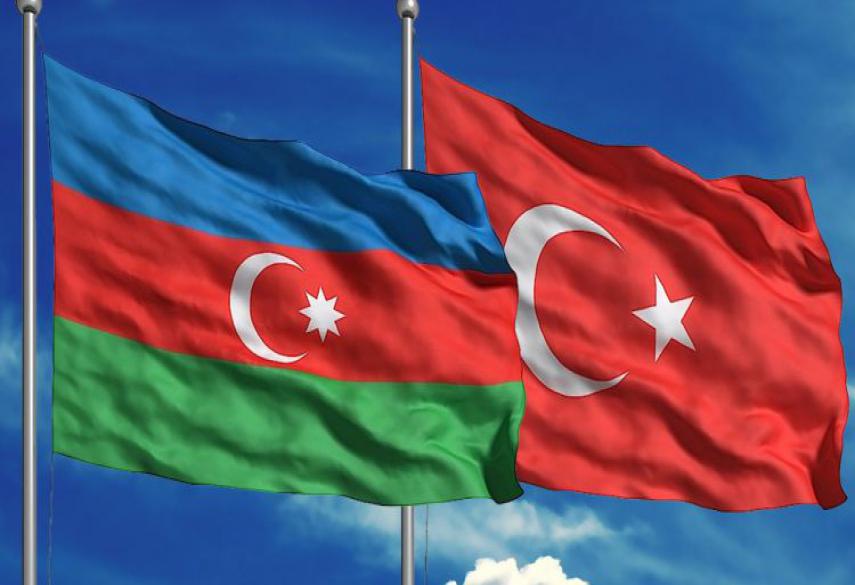Formation of civil society in Azerbaijan
After gaining independence, one of the key tasks before Azerbaijan was formation of civil society in the framework of transition into democracy. Though certain steps were taken in this direction in the first years of independence, these issues were not settled on the official level because of chaos, anarchy and separatism. Only after national leader Heydar Aliyev’s return to the power this process was set as an objective and a systematic state policy was implemented after the Constitution was adopted in 1995. In the preamble of the Constitution the people of Azerbaijan mention the formation of civil society as one of their intentions.
One third of articles in the Constitution are dedicated to human and citizen rights and freedoms and their assurance. The system of these rights feature citizens’ rights to freely assembly in unions, a number of political rights, right to free entrepreneurship, freedoms of speech, press, religion, as well clauses providing a state guarantee to these rights and freedoms. All this played an important role in the formation of civil society in the country.
The Constitution also affirms the bases to the construction of democratic and legal state in the country. Thus, the processes of formation of a legal state and civil society complete each other.
Besides, according to the provisions of the Constitution, a legislative basis was created to regulate the process of formation of civil society and relationship between state and civil society.
Both the Constitution and respective laws allow political parties play the role of mediator between civil society and state. On the other hand, democratization of election legislation, a very necessary cornerstone to civil society, and its adaptation to international standards had a significant influence on this process. Improvement of election legislation from elections to elections is carried out on the basis of large discussions with participation of representatives of civil society and its corresponding structures. This positively impacts citizens to widely and consciously join the elections, and the formation of election culture.
State pays special attention to the development of political pluralism, multiparty system in the formation of state and civil society. State has created every condition for political parties. Necessary measures are taken to form a democratic and legal mentality and political culture of citizens, a purposeful state policy is underway to create a legal basis.























